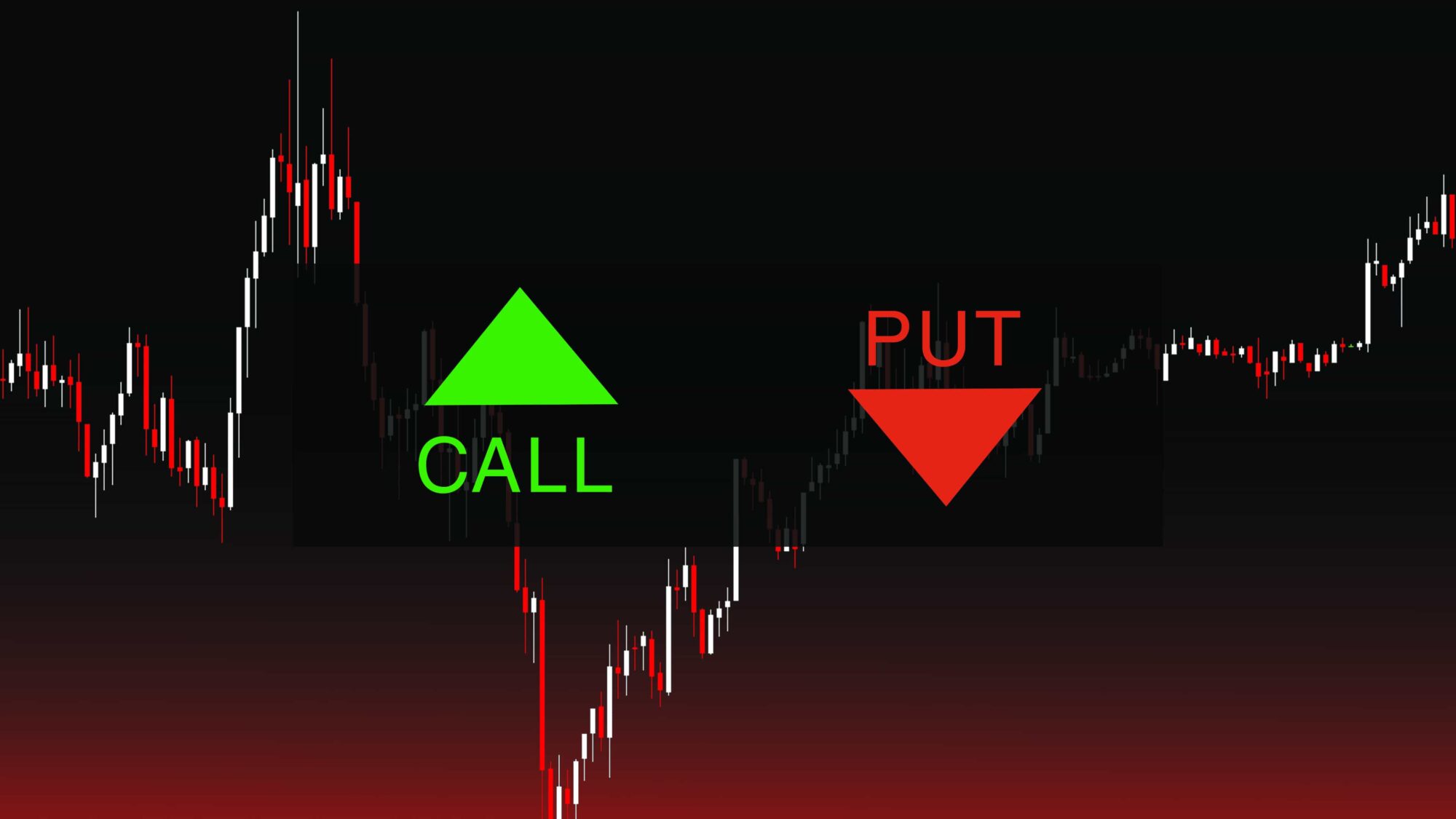An Introduction to the World of Options
Embark with me on an enthralling journey into the realm of option trading, where the interplay of risk and opportunity dances. Picture yourself as a seasoned trader, effortlessly navigating the ebbs and flows of the market, unlocking the potential for boundless returns.

Image: www.asktraders.com
Option trading, at its core, empowers you to speculate on the future value of an underlying asset. Unlike stocks or bonds, options grant you the right, but not the obligation, to buy or sell an asset at a predetermined price on a set date. This flexibility unlocks a world of possibilities, offering both potential profits and calculated risks.
Types of Options and Their Roles
Call Options: The Right to Buy
Call options bestow upon you the privilege to purchase an underlying asset at a predetermined strike price on or before the expiration date. This option is ideal when you anticipate an upswing in the asset’s value. Should the asset’s price indeed soar beyond the strike price, the call option empowers you to capitalize on the appreciation, potentially reaping substantial rewards.
Put Options: The Right to Sell
Put options, in contrast, provide you with the right to sell an underlying asset at the designated strike price on or before the expiration date. This option is particularly advantageous when you foresee a decline in the asset’s value. If the asset’s price nosedives below the strike price, the put option empowers you to profit from the depreciation, potentially mitigating your losses or even turning a profit.

Image: www.benzinga.com
Fundamentals of Option Trading
Understanding Key Concepts
- Strike Price: The predetermined price at which the underlying asset can be bought (call option) or sold (put option).
- Expiration Date: The date beyond which the option contract becomes void, rendering it worthless.
- Premium: The upfront cost of purchasing an option contract, representing the market’s assessment of its potential value.
- Intrinsic Value: The difference between the current market price of the underlying asset and the strike price, reflecting the profit potential should the option be exercised immediately.
Option Pricing and Market Dynamics
The inherent value of an option contract is influenced by a multitude of factors, including the time remaining until expiration, the volatility of the underlying asset, and the prevailing market sentiment. Option prices fluctuate constantly, reflecting the ever-changing supply and demand dynamics in the market.
Understanding these pricing mechanisms is paramount to making informed decisions when trading options. Skilled traders harness their knowledge of these factors to identify potentially profitable opportunities and minimize risks.
Latest Trends and Developments in Option Trading
Technological Advancements
The advent of sophisticated trading platforms and algorithmic trading strategies has revolutionized the world of option trading. Advanced charting tools empower traders with real-time market analysis, enabling them to identify trading opportunities with greater precision and efficiency.
Rise of Options on Retail Stocks
In recent years, there has been a surge in the popularity of options trading among retail investors. This trend is largely attributed to the increased accessibility of trading platforms and the growing availability of education resources.
Expert Advice for Option Traders
Tips to Maximize Returns
- Thoroughly research the underlying asset and its market dynamics.
- Define clear profit targets and stop-loss levels before entering a trade.
- Consider hedging strategies to mitigate risks and enhance profit potential.
Mistakes to Avoid
- Trading without a proper understanding of option pricing and market forces.
- Overleveraging and taking on too much risk.
- Ignoring the time decay of options, which can erode their value over time.
Frequently Asked Questions (FAQs)
Q: What is the difference between a call option and a put option?
A: A call option grants you the right to buy an asset, while a put option grants you the right to sell an asset.
Q: When is the best time to trade options?
A: The optimal time to trade options depends on your individual trading strategy and market conditions.
Q: What are some tips for successful option trading?
A: Conduct thorough research, define clear profit targets and stop-loss levels, and consider hedging strategies.
What’S Option Trading
:max_bytes(150000):strip_icc()/BuyingPuts-d28c8f1326974c16807f23cb32854501.png)
Image: www.investopedia.com
Conclusion
The realm of option trading holds immense potential for investors seeking to enhance their returns. By comprehending the fundamentals, embracing the latest trends, and adhering to sound trading practices, you can unlock the opportunities this versatile financial instrument offers. Embrace the thrill of option trading, embark on this empowering journey, and let the market become your playground for potential success.
Are you ready to venture into the exciting world of option trading? Engage in the discussion below, share your experiences, and let us collectively explore the enigmatic landscape of options.






